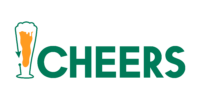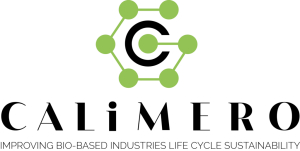Brilian project
This project ends on: 31/05/2027
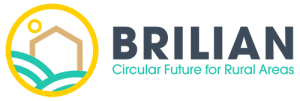
Cooperative business models for bio-based chains in rural areas
BRILIAN has been conceived to support the adoption of circular and sustainable cooperative business models in rural areas and enable a better transition to bio-based economies, playing a pivotal role in revitalizing these regions and fostering sustainable economic and social development, making primary producers active actors of the supply chain.
BRILIAN will implement a multi-actor approach for the validation of a group of Actions for the Bio Innovation, seeking to:
- Forge robust rural bio-communities
- Increase circularity and sustainability
- Promote the integration of short supply chains
- Produce value-added bioproducts
These Actions for the Bio Innovation will validate ten bio-based value chains starting from cardoon, safflower, and sunflower (in Italy), potato (in Spain), and rapeseed (in Denmark) as raw materials and will develop sustainable and circular business models encompassing a wide range of high-value-added bio-products, such as bioplastics, biolubricants, proteins, bioadhesives, bioherbicides, products for animal feed or the cosmetic sector. This will allow primary producers to diversify their income while reducing risk.
BRILIAN is an ambitious four-year project with a budget exceeding 6 million euros, co-financed by the Circular Bio-Based Europe (CBE) joint initiative under the European program for innovation and research ‘Horizon Europe 2021-2027’ (HE). The project involves 13 entities from 6 different countries: Spain, Italy, Denmark, Belgium, the Czech Republic, and Greece, including 3 large companies, 3 SMEs, 3 research organizations, 2 clusters, and 2 associations.
Contacts:
Olga de Blas (D&C Area): Odeblas@clusterfoodmasi.es
Maider Gómez (Project coordinador): mgomez@fcirce.es
website: https://brilian.eu/



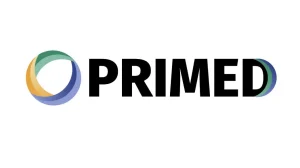
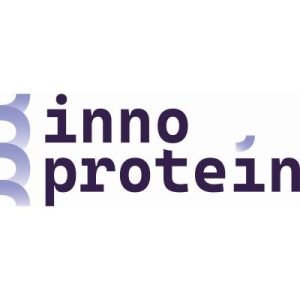
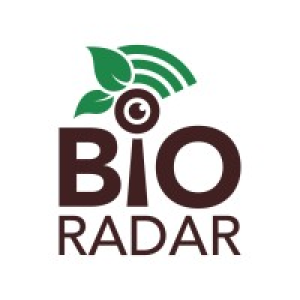
 The BlueMissionMed Coordination and Support Action (CSA) will design, structure and support a well-functioning basin scale innovation ecosystem, ensuring fast progress towards the achievement of EU Mission “Restore Our Oceans and Waters by 2030” objectives and important impact on the society.
The BlueMissionMed Coordination and Support Action (CSA) will design, structure and support a well-functioning basin scale innovation ecosystem, ensuring fast progress towards the achievement of EU Mission “Restore Our Oceans and Waters by 2030” objectives and important impact on the society.